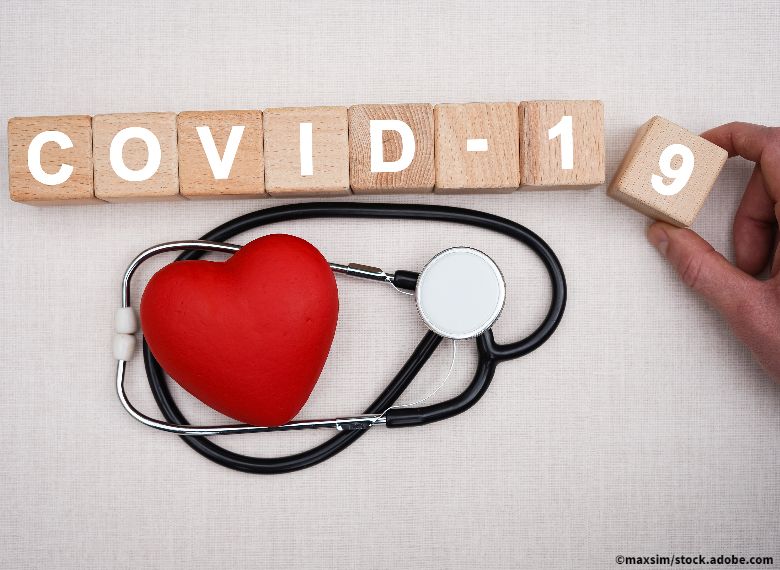With nearly half of American adults having high blood pressure, and heart disease patients more vulnerable to COVID-19, understanding the relationship between these commonly used medications and COVID-19 was a critical public health concern.
- Clinical Technology
- Adult Immunization
- Hepatology
- Pediatric Immunization
- Screening
- Psychiatry
- Allergy
- Women's Health
- Cardiology
- Pediatrics
- Dermatology
- Endocrinology
- Pain Management
- Gastroenterology
- Infectious Disease
- Obesity Medicine
- Rheumatology
- Nephrology
- Neurology
- Pulmonology
Antihypertensive Drugs Found Safe for Patients with COVID-19 in New Study
Authors of a new study found no association between treatment with high blood pressure drugs and an increased risk of contracting novel COVID-19.

Researchers found no link between treatment with high blood pressure medications and an increased risk of contracting coronavirus disease 2019 (COVID-19) in a new study published online May 1, 2020 in the New England Journal of Medicine.
Researchers from NYU Grossman School of Medicine launched the study in response to a joint statement issued in March by the American Heart Association, the American College of Cardiology, and the Heart Failure Society of America. The statement urgently called for research to answer the question: do antihypertensive medications worsen COVID-19 patient outcomes?
“With nearly half of American adults having high blood pressure, and heart disease patients more vulnerable to COVID-19, understanding the relationship between these commonly used medications and COVID-19 was a critical public health concern,” said lead investigator Harmony R. Reynolds, MD, associate director, Cardiovascular Clinical Research Center, NYU Langone Health, New York, in a press release. “Our findings should reassure the medical community and patients about the continued use of these commonly prescribed medications, which prevent potentially severe heart events in their own right.”
According to the researchers, one version of angiotensin-converting enzyme (ACE)—ACE2—is present in the outer membrane of lung cells, which SARS-CoV-2 has been shown to connect to.
Because of this, there was concern in the field that ACE inhibitors and angiotensin receptor blockers (ARBs) might worsen COVID-19 infection.
Results Show No Link Between 4 Common Antihypertension Drugs and Worsening COVID-19 Infection
The study included 12 594 patients that were identified in the NYU Langone electronic health record with COVID-19 test results. For each patient with COVID-19 test results, researchers discretely extracted medical history and then compared treated and untreated patients.
Researchers found no association between ACE inhibitors, ARBs, beta blockers, or calcium channel blockers and an increased likelihood of a positive COVID-19 test. The study also did not find a substantial increase in risk for more severe illness (eg, intensive care, ventilator use, or death) with any of the antihypertensive treatments in patients with COVID-19.
“Before our study, there were no experimental or clinical data demonstrating the consequences of using these medications one way or the other in people at risk for COVID-19,” said senior study author Judith S. Hochman, MD, senior associate dean for clinical sciences, NYU Langone Health, in the same press release. “In terms of next steps, our plan is to use similar approaches to investigate other medications and their relationship to COVID-19 illness.”
